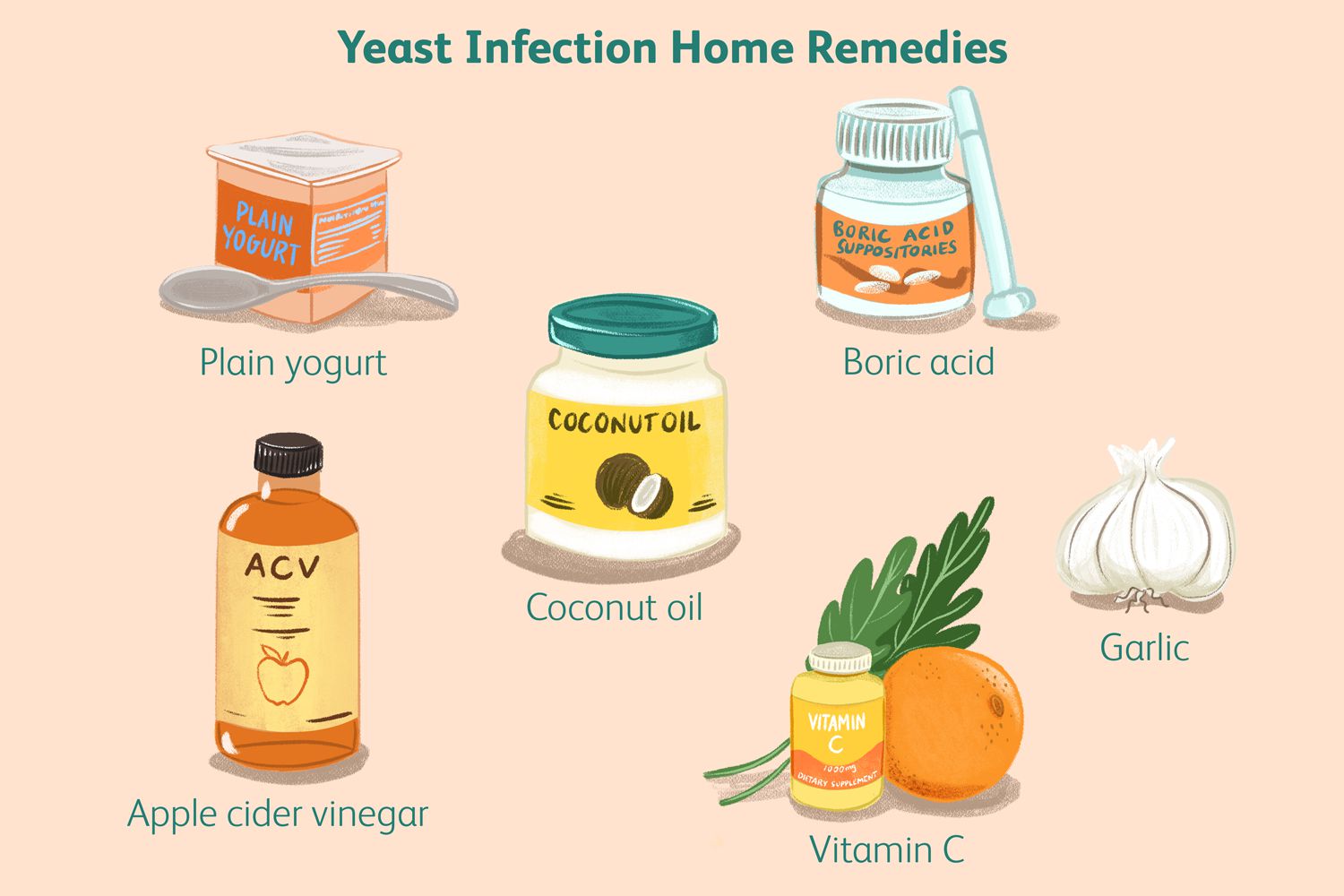 Agewell Healthcare Sep 26, 2023 at 00:14 AM
Agewell Healthcare Sep 26, 2023 at 00:14 AM
Health/Medicals
How to treat Yeast infection (vaginal)
Diagnosis
To diagnose a yeast infection, your doctor may:
- Ask questions about your medical history. This might include gathering information about past vaginal infections or sexually transmitted infections.
- Perform a pelvic exam. Your doctor examines your external genitals for signs of infection. Next, your doctor places an instrument (speculum) into your vagina to hold the vaginal walls open to examine the vagina and cervix — the lower, narrower part of your uterus.
- Test vaginal secretions. Your doctor may send a sample of vaginal fluid for testing to determine the type of fungus causing the yeast infection. Identifying the fungus can help your doctor prescribe more effective treatment for recurrent yeast infections.
Treatment
Treatment for yeast infections depends on the severity and frequency of your infections.
For mild to moderate symptoms and infrequent episodes, your doctor might recommend:
- Short-course vaginal therapy. Taking an antifungal medication for three to seven days will usually clear a yeast infection. Antifungal medications — which are available as creams, ointments, tablets and suppositories — include miconazole (Monistat 3) and terconazole. Some of these medications are available over-the-counter and others by prescription only.
- Single-dose oral medication. Your doctor might prescribe a one-time, single oral dose of fluconazole (Diflucan). Oral medication isn't recommended if you're pregnant. To manage more-severe symptoms, you might take two single doses three days apart.
See your doctor again if treatment doesn't resolve your symptoms or if your symptoms return within two months.
If your symptoms are severe, or you have frequent yeast infections, your doctor might recommend:
- Long-course vaginal therapy. Your doctor might prescribe an antifungal medication taken daily for up to two weeks, followed by once a week for six months.
- Multidose oral medication. Your doctor might prescribe two or three doses of an antifungal medication to be taken by mouth instead of vaginal therapy. However, this therapy isn't recommended for pregnant women.
- Azole resistant therapy. Your doctor might recommend boric acid, a capsule inserted into your vagina. This medication may be fatal if taken orally and is used only to treat candida fungus that is resistant to the usual antifungal agents.

 Agewell Healthcare Sep 26, 2023 at 00:14 AM
Agewell Healthcare Sep 26, 2023 at 00:14 AM
